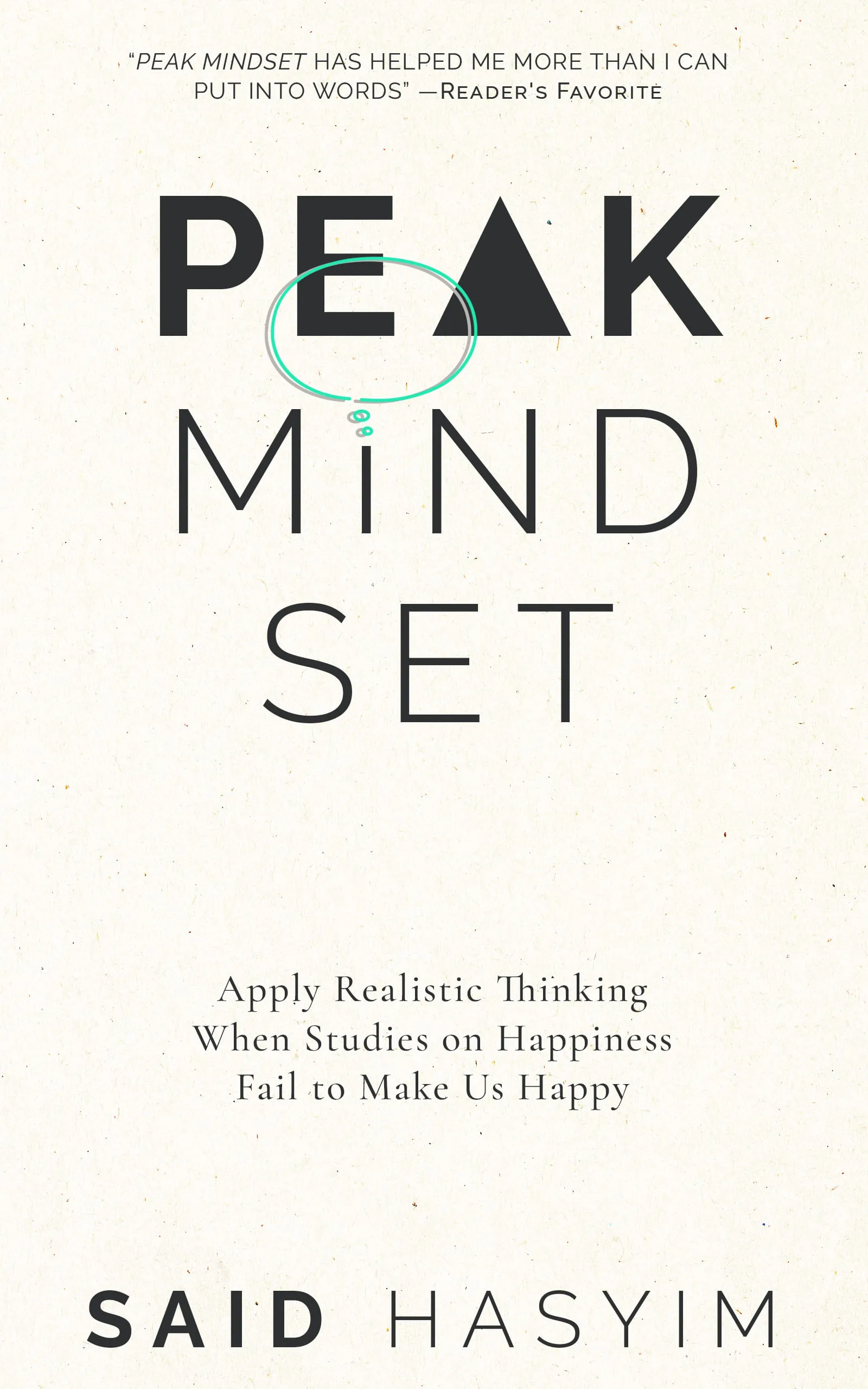Embracing Failure: Unlocking Peak Mindset
Failure is often viewed as the antithesis of success. In our fast-paced, achievement-oriented society, there’s a prevailing notion that to fail is to fall short, to be less than, or to let others down. However, this perspective overlooks a crucial truth: failure is an essential part of the journey toward success. It can be a powerful teacher, a catalyst for growth, and a key to unlocking a peak mindset. In this blog post, we will explore the importance of embracing failure, the lessons it can teach us, and how this practice can lead to a more resilient and fulfilling life.
The Myth of Perfection
From a young age, we are often conditioned to seek perfection. We're taught to get good grades, excel in sports, and achieve high marks in our careers. While striving for excellence can motivate us, it can also create an environment where failure is stigmatized. This fear of failure can lead to stress, anxiety, and even paralysis, preventing us from taking risks or pursuing our passions.
When we perceive failure as an enemy, we miss the opportunity to view it as a stepping stone on our path to growth. Acknowledging that perfection is an unattainable goal liberates us from the constraints of fear, allowing us to embrace the messy, beautiful process of learning and evolving.
The Power of a Growth Mindset
Dr. Carol Dweck’s research on mindset has shown that adopting a growth mindset—the belief that our abilities and intelligence can be developed through dedication and hard work—leads to greater resilience. When we work within a growth mindset, we become more open to experiencing, learning from, and ultimately embracing our failures.
In contrast, a fixed mindset reinforces the idea that failure represents an inherent deficit. People with a fixed mindset are likely to shy away from challenges, fearing that any misstep will potentially label them as "less than." By shifting our perspective and viewing failures as opportunities for growth, we cultivate resilience that allows us to take on challenges confidently and innovatively.
Learning from Failure
Every failure holds valuable lessons. Some key insights include:
1. Redefining Success
Success doesn’t just stem from achievements; it’s also about learning and personal development. When we fail, we can analyze the situation, identify what went wrong, and adjust our approach moving forward. This reflective practice encourages us to redefine our perception of success as a holistic journey rather than a series of outcomes.
2. Building Resilience
Resilience is developed through facing challenges and overcoming them. Embracing failure teaches us that setbacks are not the end of the road but rather integral parts of any journey. Each failure can build our emotional strength and prepare us for future challenges.
3. Enhancing Creativity
When we let go of the fear of failure, our creativity flourishes. The brain’s innovative capacity is unleashed when we are comfortable experimenting and taking risks. Many breakthroughs in science, technology, and the arts have arisen from failed attempts—not all great innovations come from success; some come from the insight gained through failure.
4. Fostering Empathy
Experiencing failure also nurtures compassion and empathy toward others who struggle. Recognizing that everyone encounters obstacles helps create a supportive environment that encourages collaboration and understanding.
Practical Strategies for Embracing Failure
To truly embrace failure and unlock a peak mindset, consider incorporating the following strategies into your daily life:
1. Shift Your Language
Language shapes our thoughts. Reframe your inner dialogue by adopting phrases that celebrate effort rather than outcomes. For instance, instead of saying, “I failed,” try “I learned something valuable.” This subtle shift can have a profound impact on your perspective.
2. Create a Safe Space
Surround yourself with individuals who understand the value of failure. Build a network of supportive friends, mentors, or colleagues who encourage risk-taking and learning through experience. In a safe space, you’ll feel more comfortable taking chances without the fear of harsh judgment.
3. Reflect and Iterate
After facing a setback, take the time to reflect on the experience. What went wrong? What could you have done differently? What did you learn? Develop a habit of journaling or discussing these reflections with a mentor or peer, allowing the insights to inform your next steps.
4. Celebrate Small Wins
Recognize and celebrate progress, even if it involves small steps and missteps. This practice reinforces the idea that every experience contributes to your overall journey and helps cultivate a growth-oriented mindset.
5. Challenge Yourself
Make a conscious effort to step outside of your comfort zone. Set goals that stretch your capabilities, and allow yourself the freedom to fail in the pursuit of those goals. The experience of navigating through discomfort is invaluable in fostering resilience.
Conclusion
Embracing failure is not merely about accepting setbacks; it’s about recognizing them as opportunities for growth and learning. A peak mindset enables us to view challenges as necessary components of the journey and helps us cultivate resilience, creativity, and empathy.
By intentionally shifting our perspective and practices, we can transform our relationship with failure and unlock our true potential. The path to success is rarely a straight line; it is filled with twists, turns, and lessons to be learned along the way. So go ahead—embrace failure, and watch how it propels you toward your best self.
Leverage Your Mindset for a Fulfilling Life
Explore Peak Mindset, a book to leveraging your subconscious for a more fulfilling life. Gain insights into realistic thinking, money management, and stress resilience to make informed decisions. Discover pitfalls in conventional happiness advice and practical strategies for self-transformation. Unlock your potential and enhance your overall satisfaction.
